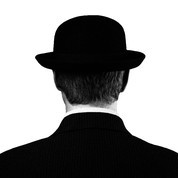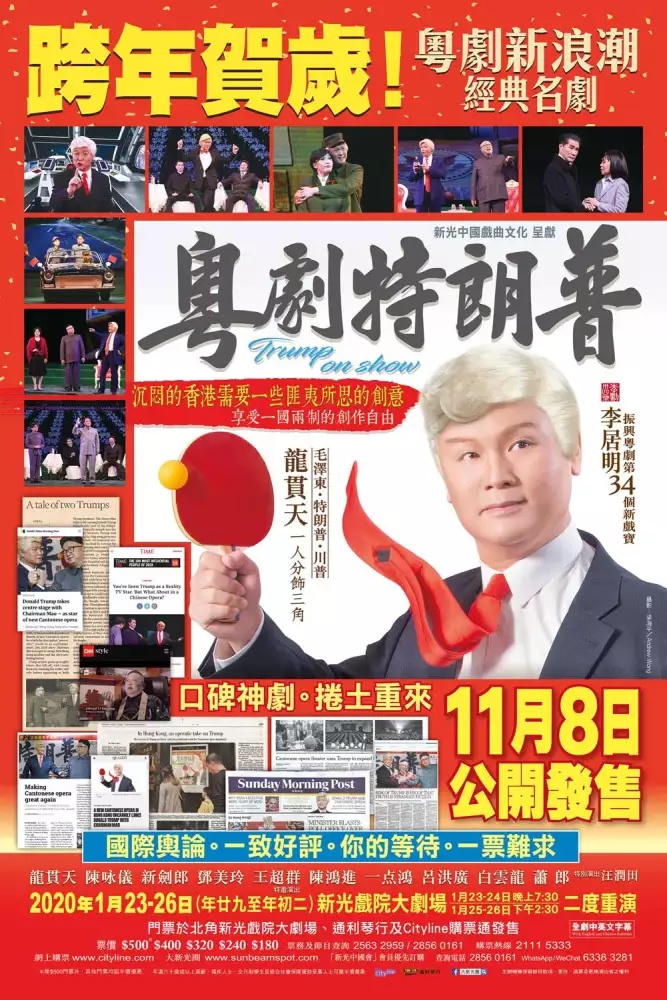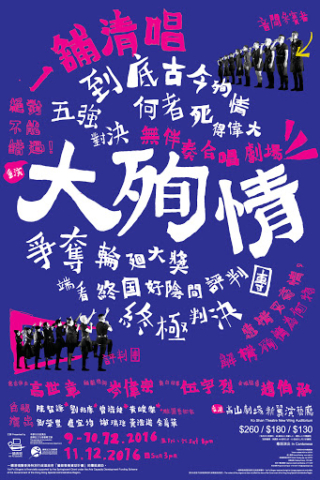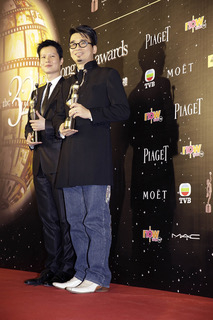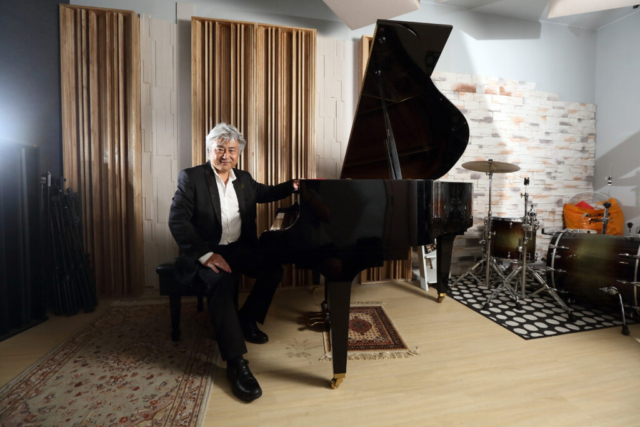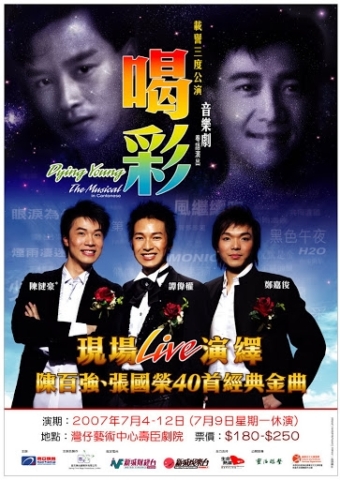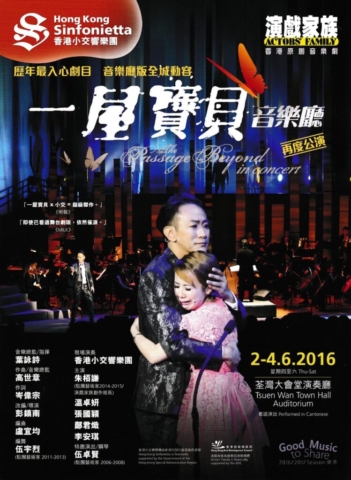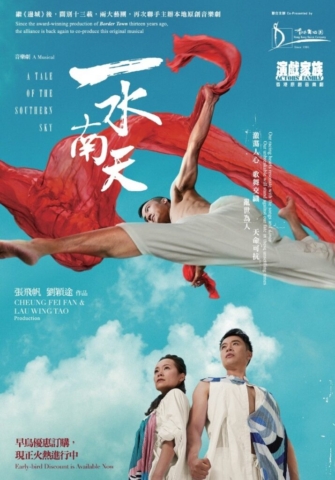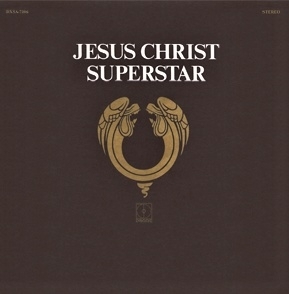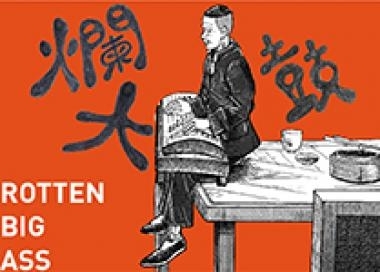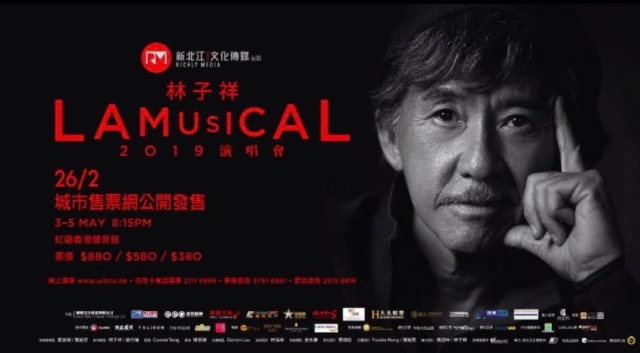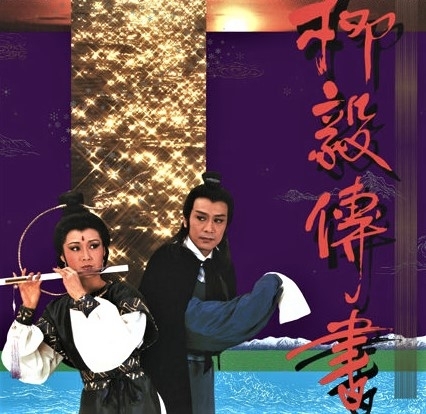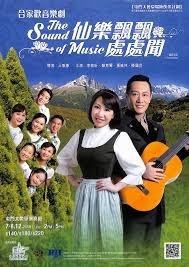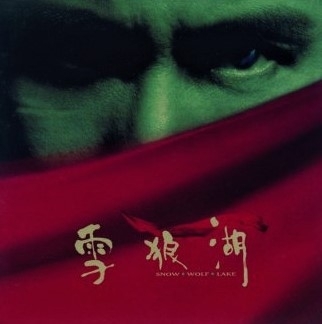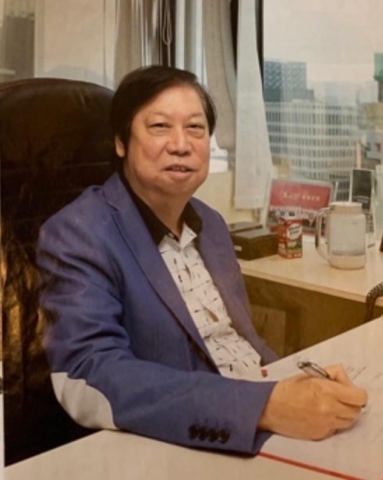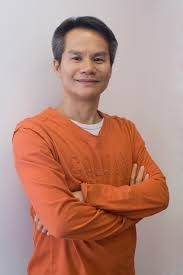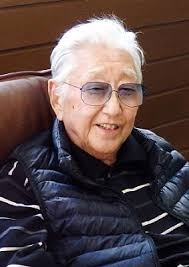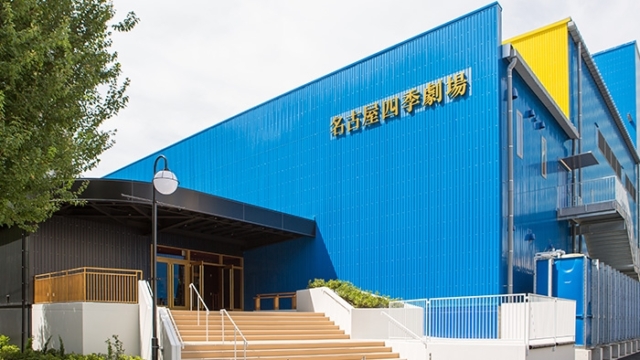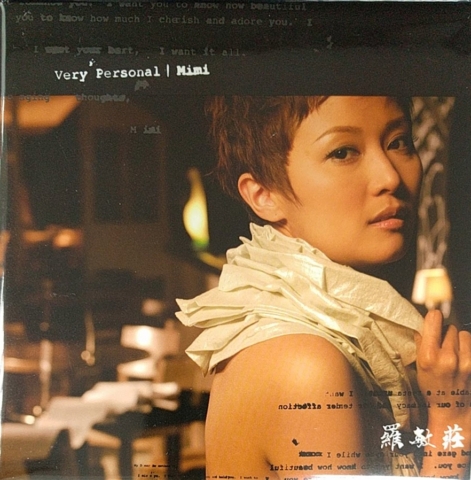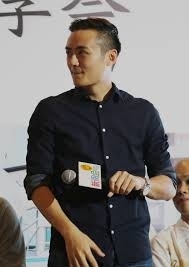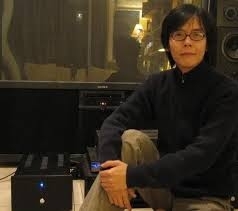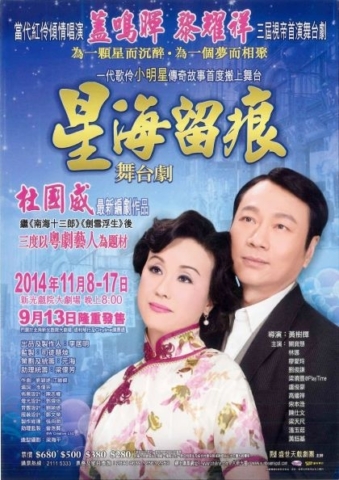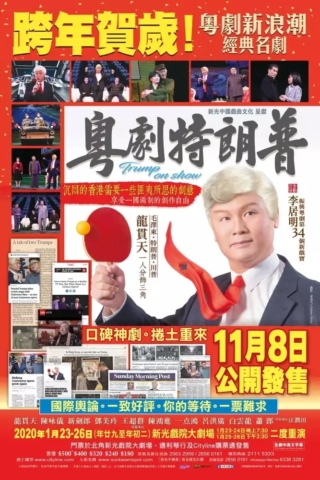19-10-20
My art memories are often evening moments and weekend encounters with musicals. Happiness radiated like fragrance when I saw friends between backstage and stage. Together, they formed the scrapbook of my life.
When I was thirty years of age and uncritical, I loved western musicals and overrated their standards as being ‘godishly’ high. After 40s, my love for musicals became enthusiasm with a local ambition——I want to help Hong Kong create our own musicals, the top class ones which can command popularity outside Hong Kong. I thought we could. Now, I have more questions than answers as to whether musicals are still the popular genre of stage performance and if Hong Kong is good at making musicals. The world economy will be on its knees in coming years. Investors are on high alert. Since nobody is willing to break a few eggs, there will likely be no omelette. Costly musicals may be a fading photograph in Hong Kong.
What is a musical? It is a play in which singing and dancing take an essential part. It was said musicals developed from light opera in the early 20th century. The first one should be The Black Crook which premiered in 1866. West End of London and Broadway of New York have been the capitals of musical. In Hong Kong, no theatre specializes in musical as the market here is too small. Besides government venues, we have only 2 to 3 private theatres suitable for this art form. Musical has no enormous significance in Hong Kong.
Let us go through musicals in Hong Kong in a historical context.
- ‘concert musicals’
A concert is a music performance in which you may see a number of singers and instrumentalists but usually one singer dominates the show. In the 70s and early 80s, popular entertainment singers like Roman Tam(羅文)invented Hong Kong’s own version of musicals. He was the centre of the show. Traditional folk songs, tunes and dances were used. They looked more like Chinese operas. The results were not impressive and there was no box-office smash.
- ‘local-version western musicals’
In the 80s, there were local musicals which adopted or copied western musicals. The popular tool was The Sound of Music. Actors might sing in English or Chinese. Such musicals were not the real thing but they were meant to comfort the audience with epigones.
- ‘book musicals’
Stories were more important and controlling; and songs were just conveniently integrated into the plot. Some condemned such musicals as utterly ‘music plays’ and not musicals. Some wonder if the 2009 musical The Passage Beyond(一屋寶貝), as adapted from a Japan novel, could be regarded as a book musical. But, this performance won widespread acclaim for its amazing music.
- ‘jukebox musicals’
They are the musicals that feature hit songs of a popular music group or genre. The 1999 musical Mamma Mia! is a jukebox musical based on the songs of pop group ABBA. Around 2006, Clifton Ko(高志森) produced a local jukebox musical called Dying Young and he used the songs of Hong Kong’s deceased idols Leslie Cheung(張國榮) and Danny Chan(陳百強). Some thought jukebox musicals undercut the value of art.
- ‘rock musicals’
They are pop musicals that developed out of ‘rock and roll’ music, based around amplified instruments especially electric guitar and bass. I am not aware of any famous rock musical in Hong Kong.
The revue art form brings together music, dance and sketches to create an entertaining show and some call a revue ‘compilation musical’. In 2019, pop singer George Lam(林子祥) presented LAMUSICAL in Hong Kong. It is hard to define if it was merely a pop concert or revue. Actors sang, acted and danced but they were all fragmented shows without any artistic purpose.
- ‘stadium musicals’
Some Hong Kong musicals were oddly held in the sports stadium. In 1997, the well-known star Jacky Cheung made the 1st ‘stadium musical’ in Hong Kong and it is called Snow·Wolf·Lake(雪狼湖), presented in Hong Kong Coliseum with more than 12,000 seats. Some critics denounced such musicals as ‘stadium concerts’ and the name ‘musical’ was a camouflage to make an entertainment performance more classy.
- ‘concept musicals’
A concept musical is a work of musical theatre the contents of which are structured around delivering a theme or message, rather than emphasizing a narrative plot. Black box theatre performance Rotten Big Ass(爛大鼓) by Zuni was a production in 2019 to examine the extinct song art of brothels in Hong Kong. The ‘musical’, if any, conveys a message that even the most vulgar songs have good meaning.
- ‘original musicals’
Original musicals keep true artistry alive in the theatre for its sincerity to create. Hong Kong needs the best mind and talent on the cause, as well as an alliance with commercial investors or sponsors since original musicals require much money to produce if we want a decent one with all components in full readiness. Among all, I enjoy the latest work in 2020 called A Tale of the Southern Sky(一水南天) which talked about a young rice coolie in the 19th century in Hong Kong. The musical is a kind of nice self-discovery as to what we Hong Kong artists can do best together.
Government just presented a ‘musical concert’ The Originals(我們的音樂劇), curated by the great composer Leon Ko(高世章) who was also the music director. Hong Kong Sinfonietta provided live accompaniment to the performances of The Originals. The work is a nostalgic collage of excerpts from Hong Kong musicals created between the 1970s to 2020. The lyrics partner of Ko is Chris Shum(岑偉宗), a gifted artist, who encouraged me to write this article as a tribute to the past of Hong Kong’s musical history.
A musical only matters, as I believe, to the extent that songs are great and actors can sing, act and dance well. A musical only matters as, I insist, to the extent that investors will not lose money in the huge production. Musicals, after all, need commercial sense.
This article can also be found at the following sites:



